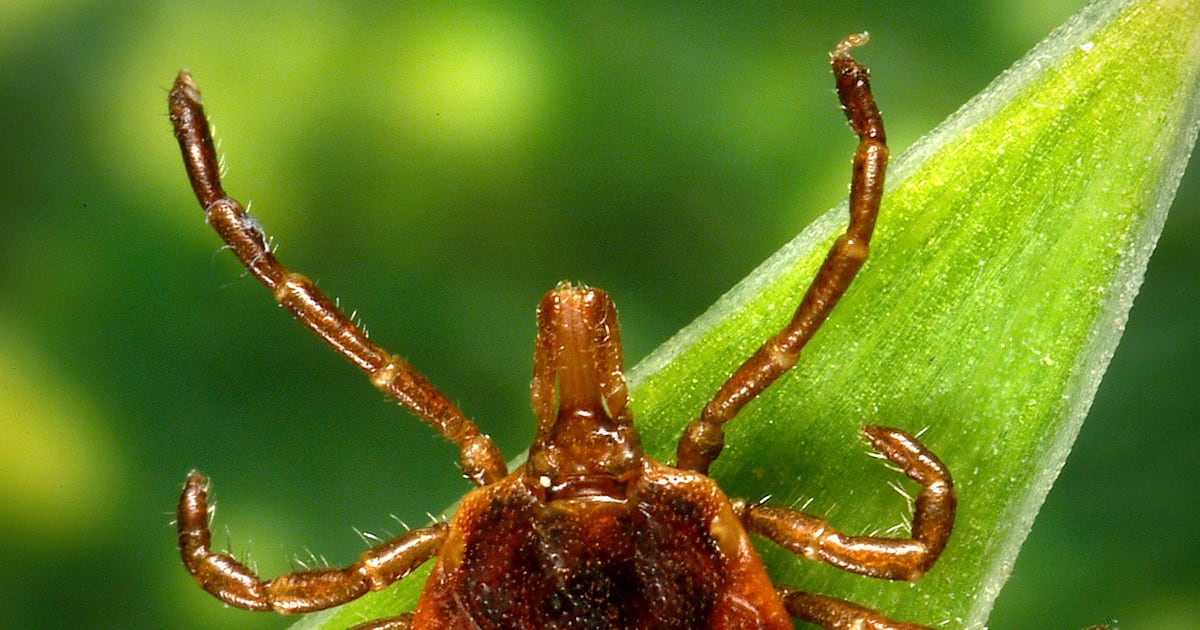Time: 2024-07-12
The Lone Star tick , known for its star - like white splotch on adult females , is spreading rapidly across the US . This tick species can cause a whole range of issues , including meat allergies , Ehrlichiosis , and the Heartland virus . It used to be predominantly found in the Southeastern US , but with a warming climate and growing deer populations , it is now expanding to northern states and even parts of Canada . As with other tick species , using effective insect repellents containing 25 to 30 % DEET is crucial to protect against tick bites . Recommended repellents include Ben 's Tick & Insect Repellent Wipes and 3 M Ultrathon Insect Repellent.

The Lone Star tick , scientifically known as Amblyomma americanum , carries a range of diseases , including Alpha - gal syndrome , a potentially life - threatening allergy to red meat . This tick is considered the most aggressive of biting ticks and has been rapidly spreading across roughly 30 states in the US . The bite of a Lone Star tick can cause symptoms similar to Lyme disease , including rash , exhaustion , fever , and joint pain . Moreover , the Alpha - gal syndrome , caused by a Lone Star tick bite , results in an allergy to mammal meat and dairy products , affecting a growing number of the population.
The Centers for Disease Control and Prevention warns of the rapid spread of Lone Star ticks , which can transmit viruses and bacteria leading to serious diseases . The ticks are particularly concerning as they can trigger an allergy to red meat known as Alpha - gal syndrome . Between 2010 and 2022 , there were over 110,000 suspected cases of the syndrome , with most cases reported in adults . Despite the growing threat of tick - borne diseases , there is no specific diagnostic test available for these illnesses , making prevention through effective insect repellents and tick checks crucial.
Consumer Reports emphasizes the importance of wearing protective clothing treated with permethrin and using recommended insect repellents to prevent tick bites . The Lone Star tick poses a significant risk of transmitting various diseases , making it essential to take precautions when venturing outdoors . Awareness of the symptoms associated with tick - borne diseases , such as Alpha - gal syndrome , can help individuals seek timely medical attention and reduce the spread of these illnesses . Stay informed and vigilant to safeguard against the growing threat of tick - borne diseases across the US.